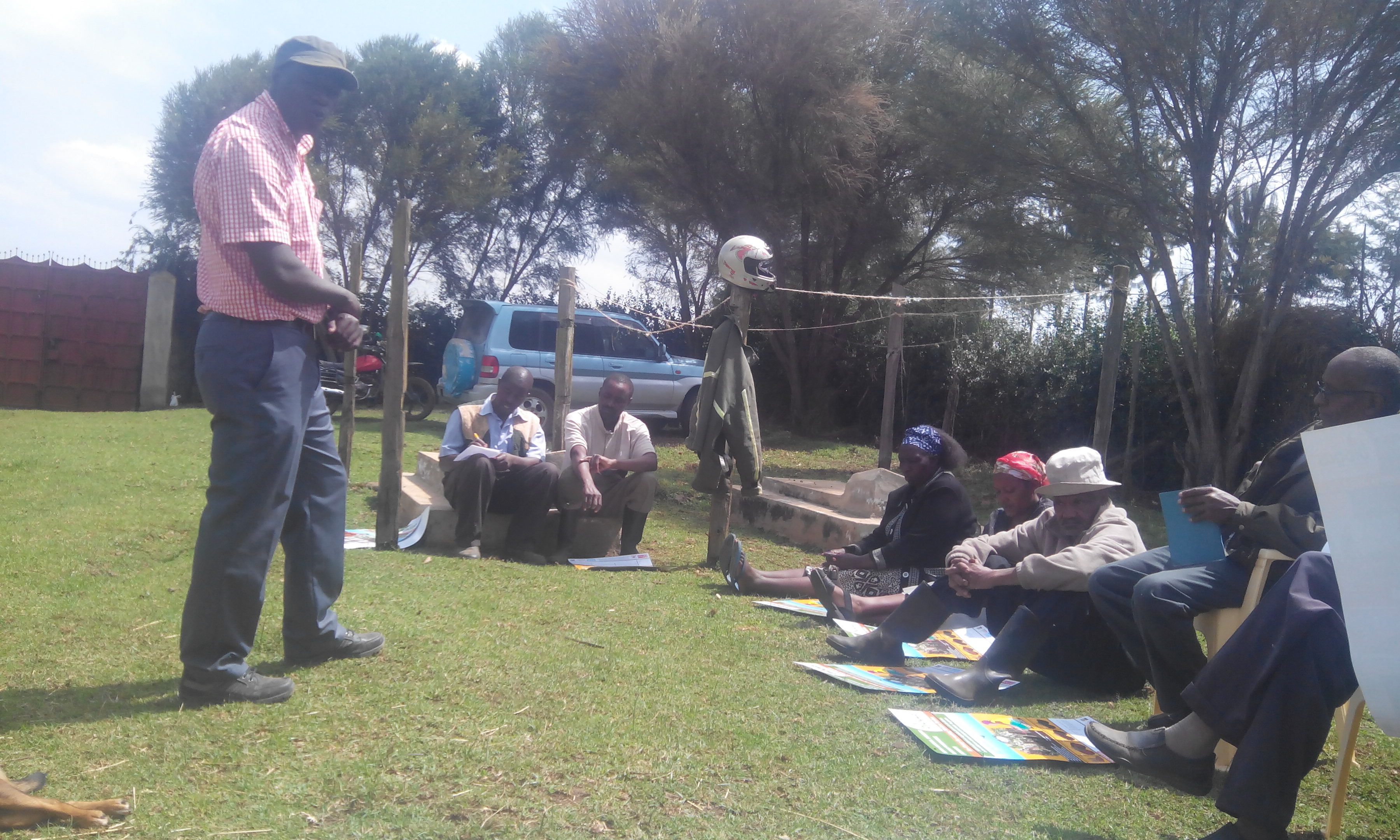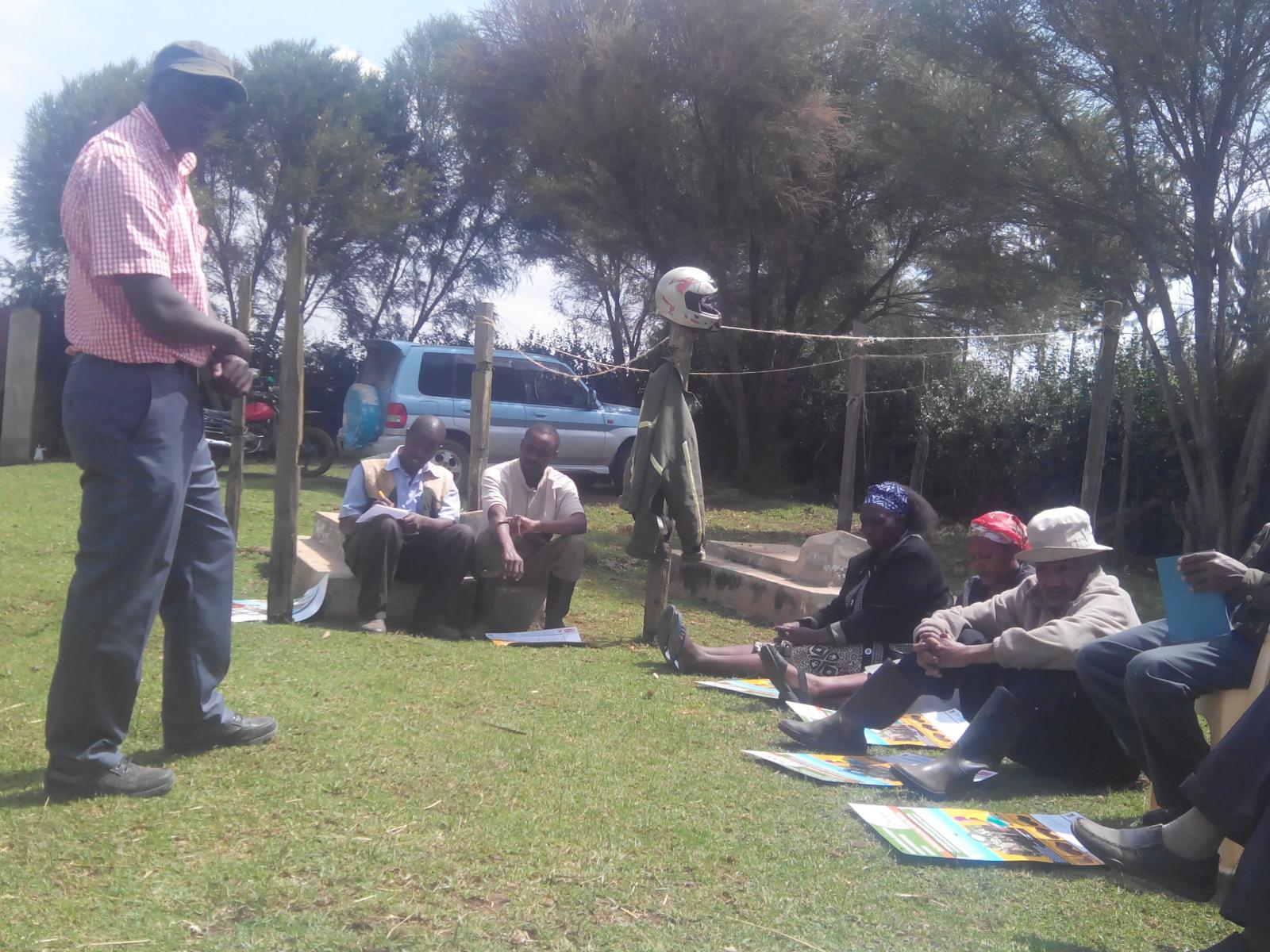An Overview Of Our Solution
- Population Impacted:
- Continent: Africa
Organization type
Population impacted
Size of agricultural area
Production quantity
People employed
Describe your solution
Describe your implementation
External connections
What is the environmental or ecological challenge you are targeting with your solution?
Describe the context in which you are operating
In Kenya Food insecurity has increased in recent years as evidenced by regular need for relief food supply when maize crop fails. Loss of indigenous knowledge in seed saving and production has lead to drastic reduction of indigenous food security crops and loss of agro biodiversity.
Small seed enterprises are the best way of ensuring the availability and quality of non-hybrid seeds for food and feed crops in developing countries, said FAO in a policy guide published 1 March 2011, in Rome
. In recent years, however, Kenyan government reduced public investment in the seed sector, the expectation being that the private sector would fill the gap.
In many cases, especially for food security crops, this has not happened as medium and large seed companies tend to concentrate on producing hybrid seed for high value crops grown by larger farmers and market them to more promising, large scale farmers. The majority of poor smallholder farmers growing food security crops such as sorghum, millet and cassava rely on self or open-pollinated seeds or crops that are propagated through dividing bulbs, or taking cuttings stored from previous harvests and grafting them
How did you impact natural resource use and greenhouse gas emissions?
Language(s)
Social/Community
Water
Food Security/Nutrition
Economic/Sustainable Development
Climate
Sustainability
To replicate the program, you need trained extension officers who will vet, recruit and build capacity of the farmers on seed production and processing. Recruited farmers join the data base and a network of seed suppliers. A catalogue is developed for the planting materials available. Seed fairs are conducted in the villages to display seeds and some coverage on the media also helps. Initial set up require some grants but the program run on market revenue when farmers start selling the seeds
Return on investment
Entrant Image

